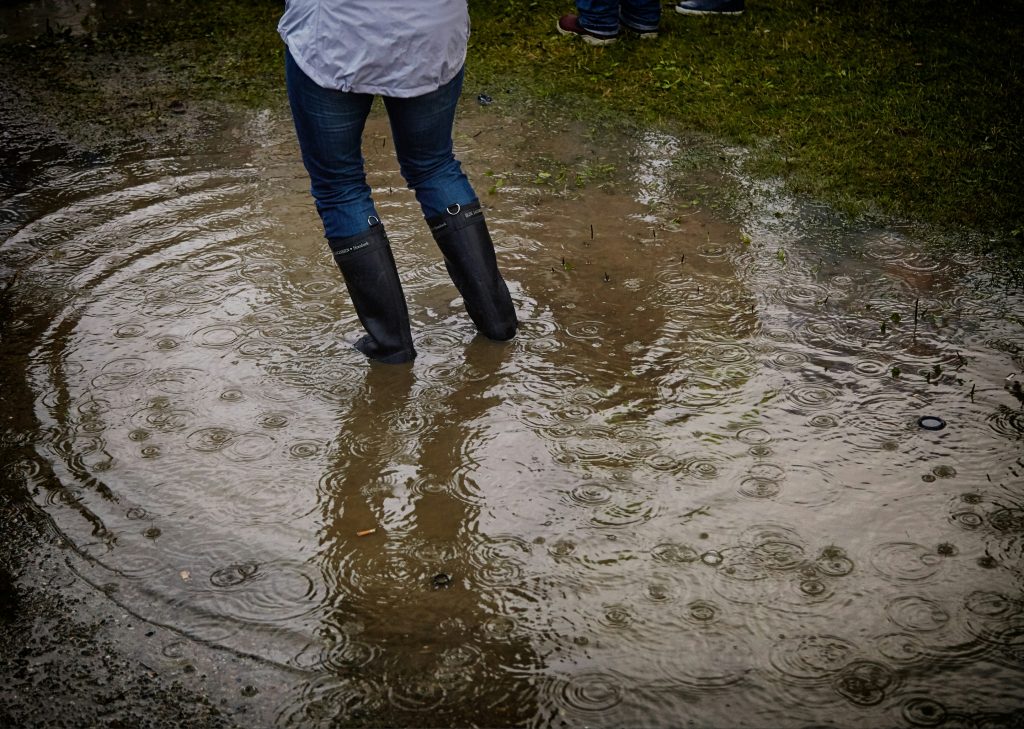 In a recent decision by the Louisiana Court of Appeal, Third Circuit, Golden Nugget Lake Charles, LLC, emerged victorious in a slip and fall case brought forth by Carolyn A. Watts. The case revolved around Ms. Watts’ alleged injuries sustained from a fall on the casino’s premises.
In a recent decision by the Louisiana Court of Appeal, Third Circuit, Golden Nugget Lake Charles, LLC, emerged victorious in a slip and fall case brought forth by Carolyn A. Watts. The case revolved around Ms. Watts’ alleged injuries sustained from a fall on the casino’s premises.
Ms. Watts initially filed a petition claiming she slipped and fell on a wet floor within the Golden Nugget casino lobby. However, during her deposition, she clarified that the incident occurred on the boardwalk outside the casino while it was raining. Ms. Watts attributed her fall to the wet conditions and alleged injuries to her right shoulder, neck, and back.
Golden Nugget filed a motion for summary judgment, arguing that the accident took place outside the casino, on the boardwalk, during rainy conditions. They contended that Ms. Watts could not establish that the walkway posed a hazard or that Golden Nugget’s negligence contributed to the incident. They supported their motion with evidence, including Ms. Watts’ deposition transcript, surveillance video of the incident, and an affidavit from their Risk Manager confirming the rainy weather and lack of prior complaints about the boardwalk.
 Louisiana Personal Injury Lawyer Blog
Louisiana Personal Injury Lawyer Blog


 In a recent decision, the Louisiana Court of Appeal reversed a summary judgment granted in favor of attorneys in a legal malpractice lawsuit. The case, highlights the critical distinction between contractual and delictual claims in insurance disputes and the potential impact on the applicable statute of limitations.
In a recent decision, the Louisiana Court of Appeal reversed a summary judgment granted in favor of attorneys in a legal malpractice lawsuit. The case, highlights the critical distinction between contractual and delictual claims in insurance disputes and the potential impact on the applicable statute of limitations. Navigating the workers’ compensation system can be overwhelming when you’ve been injured on the job. You may be tempted to accept a quick settlement to cover immediate medical bills and lost wages. However, it’s crucial to understand the long-term implications of such a decision. A recent Louisiana case highlights the importance of carefully considering settlement agreements in workers’ compensation claims.
Navigating the workers’ compensation system can be overwhelming when you’ve been injured on the job. You may be tempted to accept a quick settlement to cover immediate medical bills and lost wages. However, it’s crucial to understand the long-term implications of such a decision. A recent Louisiana case highlights the importance of carefully considering settlement agreements in workers’ compensation claims. In a recent decision, the
In a recent decision, the  In a recent decision by the
In a recent decision by the  In a recent decision, the Louisiana Fifth Circuit Court of Appeal reversed a summary judgment granted to the
In a recent decision, the Louisiana Fifth Circuit Court of Appeal reversed a summary judgment granted to the  In a recent Louisiana Court of Appeal ruling, the
In a recent Louisiana Court of Appeal ruling, the  In a recent
In a recent  In personal injury law, the concept of “prescription” plays a crucial role. It’s essentially a deadline for filing a lawsuit; if you miss it, your claim could be barred forever. A recent
In personal injury law, the concept of “prescription” plays a crucial role. It’s essentially a deadline for filing a lawsuit; if you miss it, your claim could be barred forever. A recent  A recent
A recent